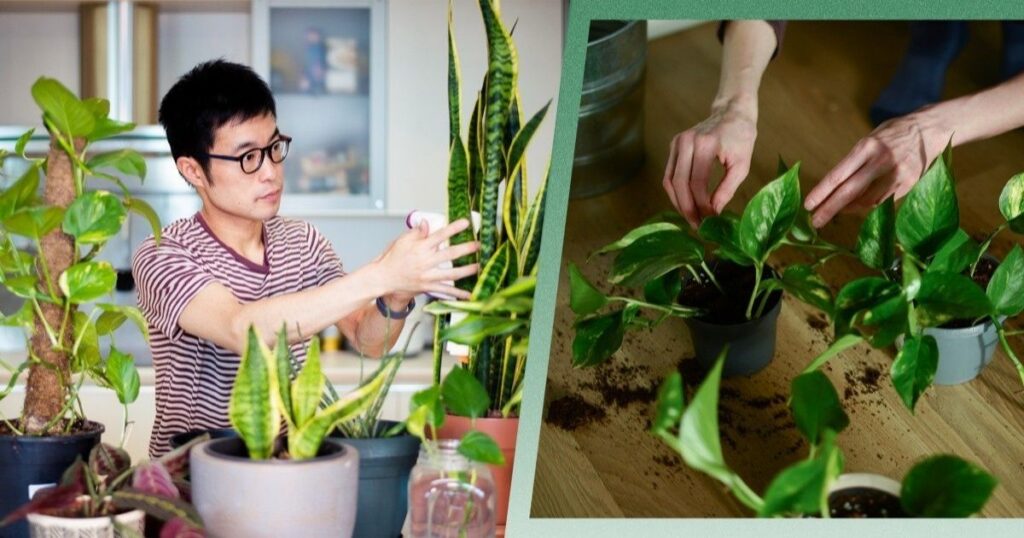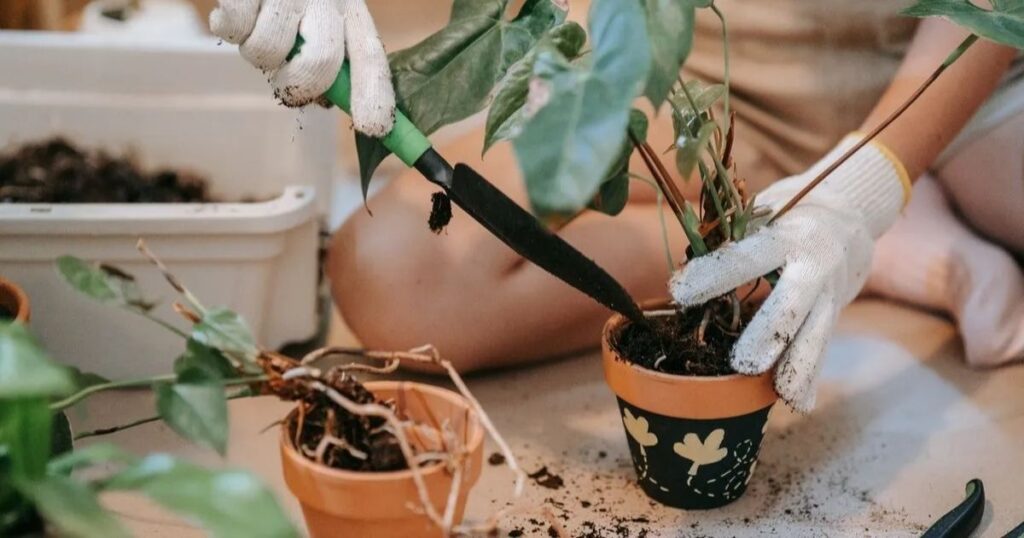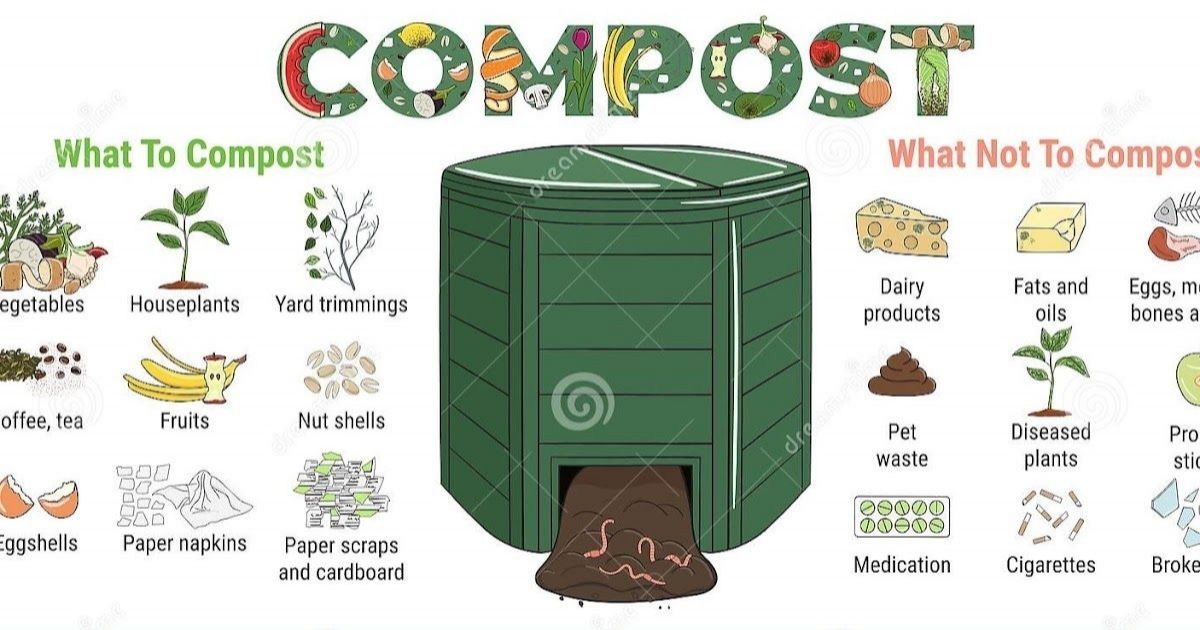Can I Use Multi-Purpose Compost for Indoor Plants? A Comprehensive Guide
As an indoor gardener, you want to provide the best possible soil for your plants to thrive. With so many types of compost available, it’s natural to wonder if multi-purpose compost is suitable for your indoor plants. In this article, we’ll delve into the world of compost and explore the benefits and limitations of using multi-purpose compost for indoor plants.
What is Multi-Purpose Compost?
Multi-purpose compost is a blend of organic materials, such as peat moss, perlite, vermiculite, and other additives, designed to support healthy plant growth in various settings. It’s a popular choice among gardeners due to its convenience and widespread availability. However, its versatility raises questions about its suitability for indoor plants.
Also read this post:Dispose of Soil
Benefits of Using Multi-Purpose Compost for Indoor Plants

1. Convenient and Easy to Find: Multi-purpose compost is widely available in gardening stores, making it an attractive option for indoor gardeners.
2. Supports Healthy Plant Growth: Multi-purpose compost contains essential nutrients and microorganisms that promote healthy plant growth.
3. Improves Soil Structure and Fertility: Compost enhances soil structure, increases water retention, and provides nutrients for plants to thrive.
4. Cost-Effective: Multi-purpose compost is often cheaper than specialized indoor plant compost.
Limitations of Using Multi-Purpose Compost for Indoor Plants
1. May Contain Ingredients Not Suitable for Indoor Plants: Multi-purpose compost may contain ingredients like perlite or vermiculite, which can be too dense for indoor pots and potentially harm plants.
2. Can be Too Dense for Indoor Pots: Multi-purpose compost can be too heavy for indoor pots, leading to waterlogging and root rot.
3. May Not Provide Sufficient Nutrients for Indoor Plants: Indoor plants have specific nutrient requirements, which multi-purpose compost may not fully meet.
4. May Contain Contaminants: Multi-purpose compost can contain contaminants like weed seeds or pests, which can harm indoor plants.
Choosing the Right Compost for Indoor Plants

1. Look for Indoor Plant-Specific Compost: Opt for compost specifically designed for indoor plants, which are formulated to meet their unique needs.
2. Check the Ingredient List: Ensure the compost contains ingredients suitable for indoor plants, such as peat moss, coconut coir, or worm castings.
3. Consider Making Your Own Compost: Create your own indoor plant compost using kitchen scraps, tea bags, and eggshells to tailor the nutrient content to your plants’ needs.
Tips for Using Multi-Purpose Compost for Indoor Plants
1. Mix with Other Ingredients: Blend multi-purpose compost with other materials like peat moss or coconut coir to create a well-balanced potting mix.
2. Use in Moderation: Mix a small amount of multi-purpose compost with other potting materials to and avoid over-fertilizing.
3. Monitor Your Plants: Keep a close eye on your plants’ response to multi-purpose compost and adjust your potting mix accordingly.
4. Avoid Overwatering: Be cautious not to overwater your plants, as multi-purpose compost can retain too much water.
Common Mistakes to Avoid When Using Multi-Purpose Compost for Indoor Plants

1. Using Too Much Compost: Avoid using too much multi-purpose compost, as it can lead to over-fertilization and harm your plants.
2. Not Mixing with Other Ingredients: Failing to mix multi-purpose compost with other potting materials can result in a too-dense potting mix that can harm your plants.
3. Not Monitoring Your Plants: Not keeping a close eye on your plants’ response to multi-purpose compost can lead to over-fertilization or other issues.
4. Using Compost That Is Too Old: Using multi-purpose compost that is too old can result in a lack of nutrients and microorganisms, which can harm your plants.
Alternatives to Multi-Purpose Compost for Indoor Plants
1. Indoor Plant-Specific Compost: Consider using compost specifically designed for indoor plants, which are formulated to meet their unique needs.
2. Worm Castings: Worm castings, also known as vermicompost, are a nutrient-rich compost made by worms that can be a great alternative to multi-purpose compost.
3. Coconut Coir: Coconut coir is a sustainable and eco-friendly potting material that can be used as an alternative to multi-purpose compost.
Conclusion
Multi-purpose compost can be a good choice for indoor plants, but it’s essential to consider the limitations and choose a compost specifically designed for indoor plants to ensure optimal growth and health. By understanding the benefits and limitations of multi-purpose compost and following the tips outlined above, you can create a thriving indoor garden that brings joy and serenity to your home.
Final Thoughts
Remember, the key to success with multi-purpose compost and indoor plants is to use it in moderation, mix it with other ingredients, and monitor your plants’ response. With a little care and attention, you can create a beautiful and thriving indoor garden that brings joy and serenity to your home.
I hope this helps! Let me know if you need anything else.
FAQs:
Can I use multi-purpose compost straight from the bag for my indoor plants?
No, it’s not recommended to use multi-purpose compost straight from the bag for indoor plants. Multi-purpose compost can be too dense and may contain ingredients not suitable for indoor plants. It’s best to mix it with other potting materials or use a compost specifically designed for indoor plants.
How do I know if multi-purpose compost is suitable for my indoor plants?
Check the ingredient list and look for compost specifically designed for indoor plants. If you’re unsure, start with a small amount mixed with other potting materials and monitor your plants’ response.
Can I use multi-purpose compost for all types of indoor plants?
No, not all indoor plants have the same needs. Some plants, like cacti and succulents, require different soil conditions than others. Use a compost specifically designed for your plant type or mix multi-purpose compost with other materials to create a tailored potting mix.
How often should I replace multi-purpose compost for my indoor plants?
Replace multi-purpose compost every 1-2 years or when you notice a decline in plant growth. Over time, the compost can break down and lose its effectiveness. Refreshing the compost will provide your plants with a nutrient boost and support healthy growth.











